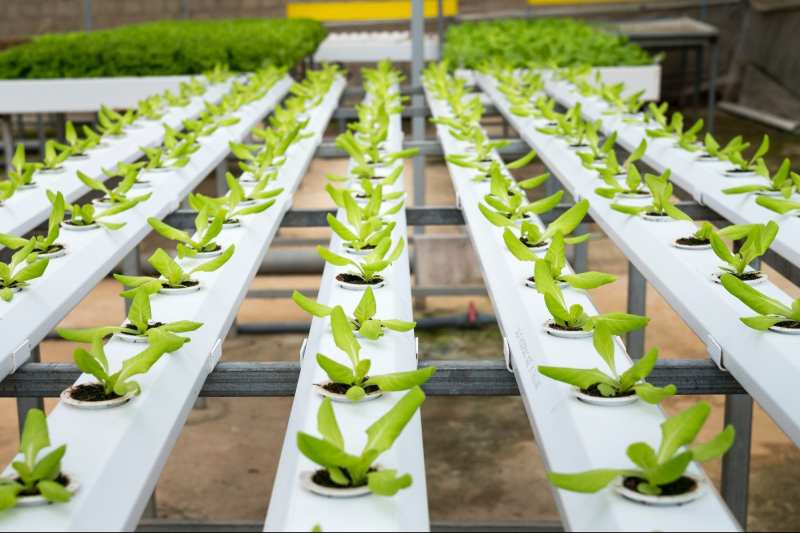Piatrika Biosystems, agri-genomics startup, has raised $1.2 million in a Seed funding round led by Ankur Capital. The company is bringing sustainable seeds and agri chemicals to market faster and cheaper. The fund raised will be used to build strong product development team, also for more profound research, and to accelerate the productionizing and commercialization of MVP.
 Pexels
Pexels
"There remains a significant disconnect between state-of-the-art research and its practical implementation. This means that while there has been ground-breaking research in recent years in computational biology or genomics, data science, cloud and instrumentation, this important knowledge has not been applied in a timely practical manner in agriculture. There is an urgent need to translate these research advances into practical benefit for the agriculturist, the consumer and ultimately the planet through modern, sustainable and ethical food production," said Vasudev Kumanduri, co-founder and CEO, Piatrika Biosystems.
Founded in 2019 by Kumanduri and Phani Yarlagadda, Piatrika Biosystems is building a new innovative cloud-based enterprise platform-as-a-service (PAAS) for agri-genomic discoveries and plant breeding decision support, program designing and monitoring. The company also aims to bridge the gap between scientific research and commercial enterprise solutions.
"We are excited to partner with Piatrika on their journey to enable and create new seeds through computational biology. With the challenges that agriculture faces both from climate and increased food demand, innovation in the seed sector is critical. With advances in computational biology, we see this as a critical tool to bring new seeds to market quickly," said Ritu Verma, Ankur Capital.
As per market studies, to sustain an estimated 9 billion global population by 2050, global food production needs to be increase by 50 per cent to 70 per cent. This growing global population along with the element of climate change will lead to unprecedented agricultural challenges in the coming decades if it is not addressed now. The need for sustainable agriculture precisely, coupled with an aggressive growth strategy has necessitated a change in process management.
